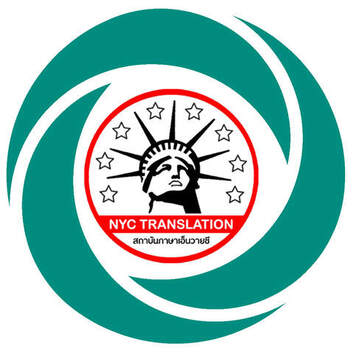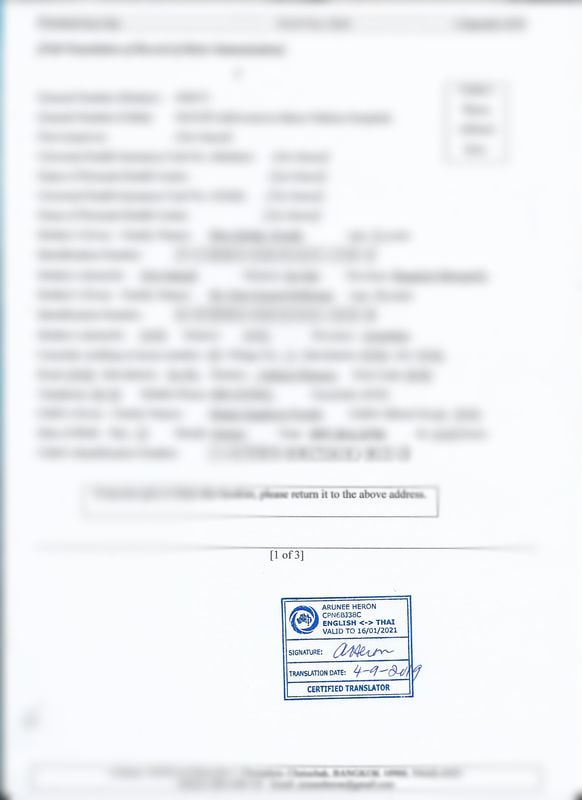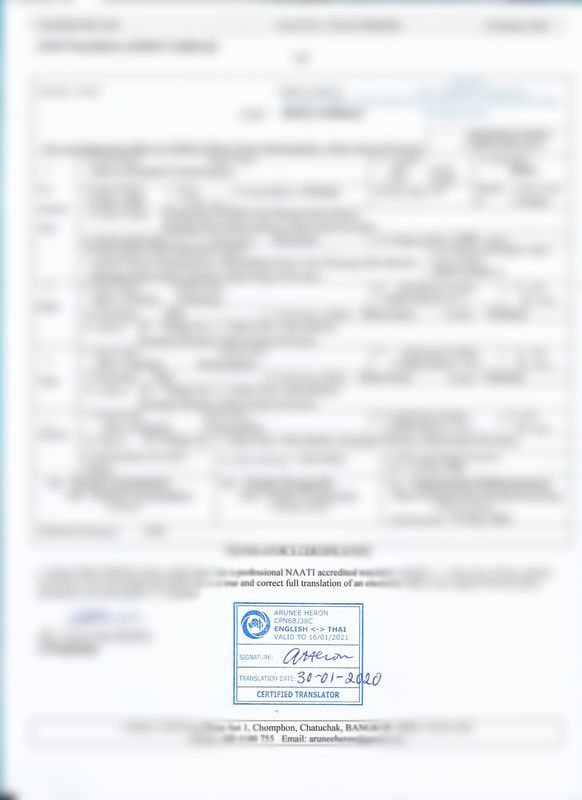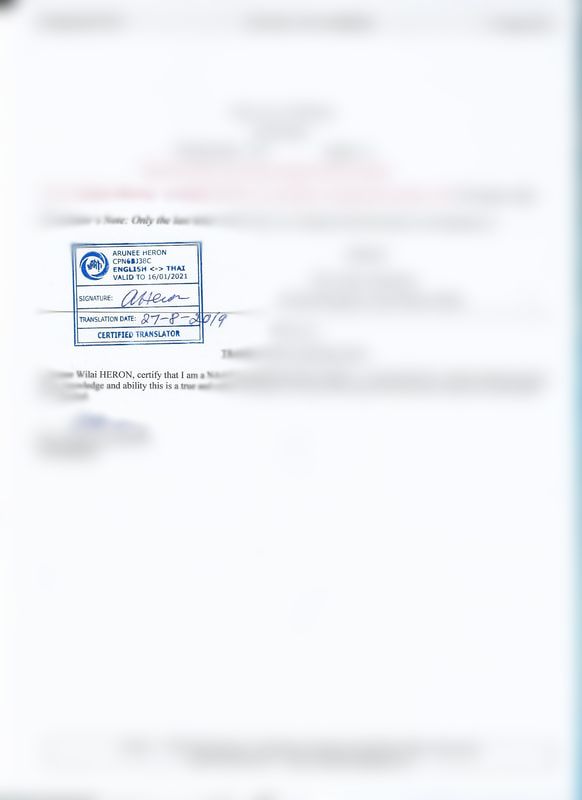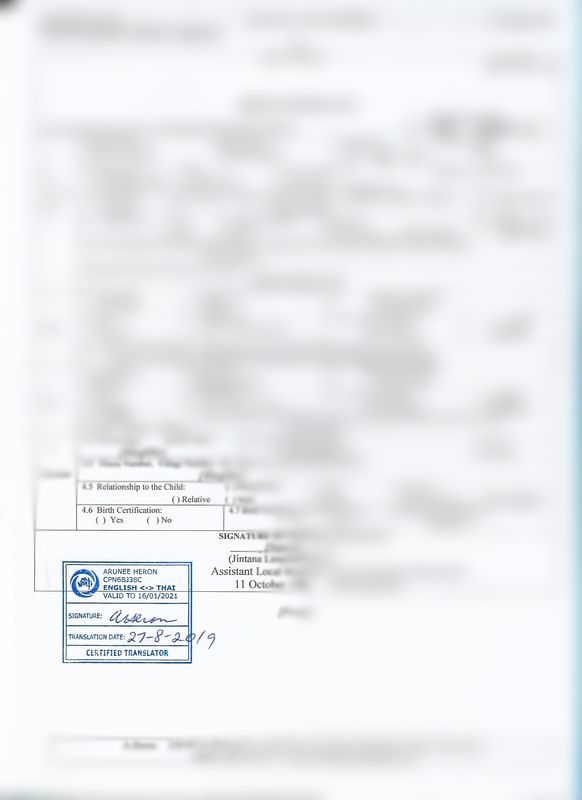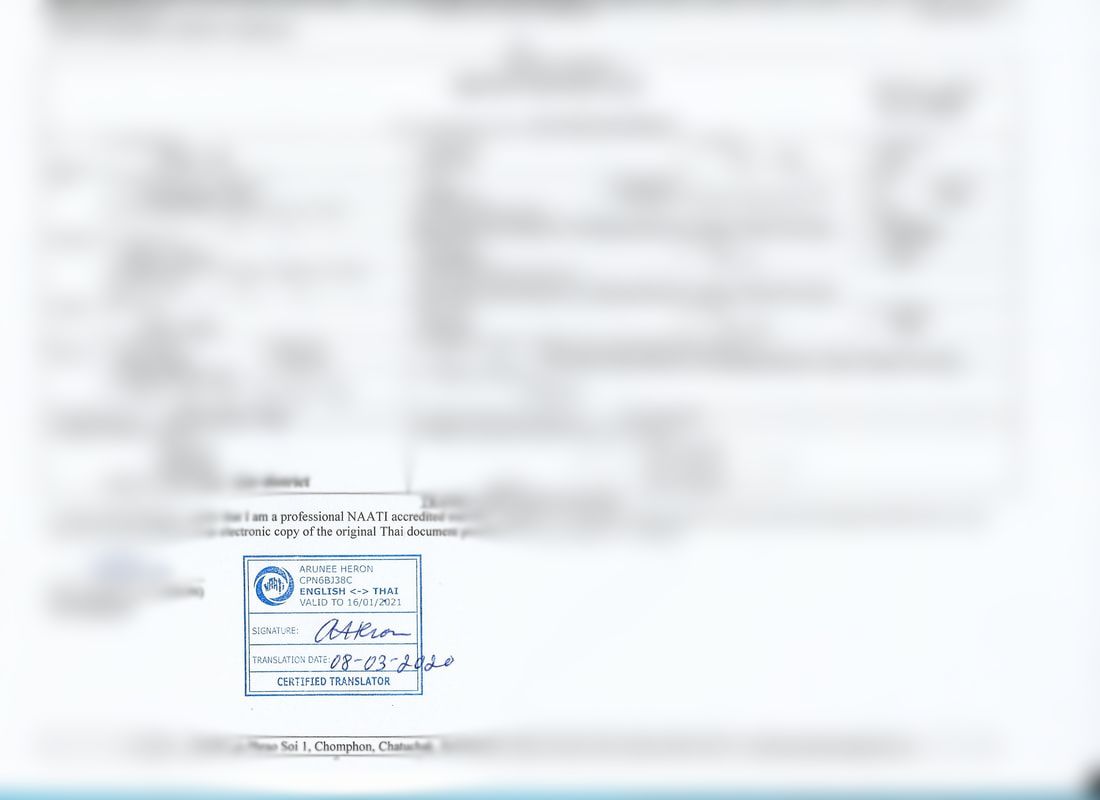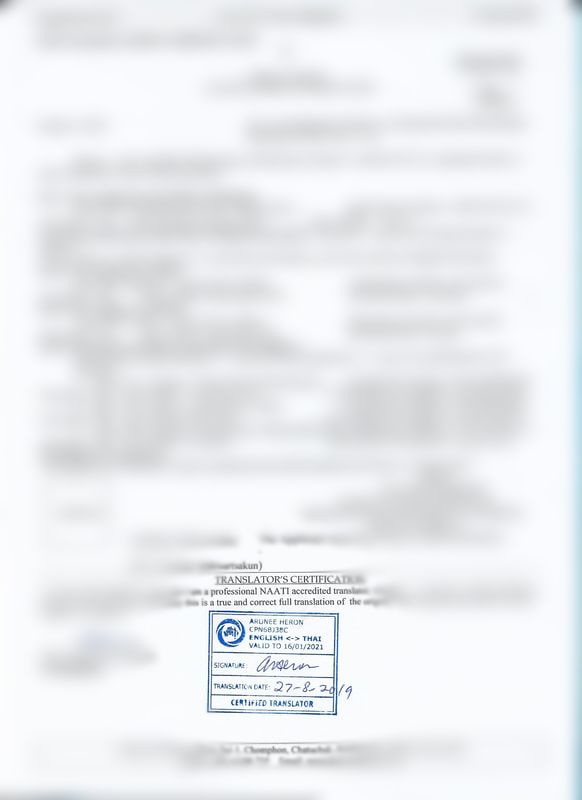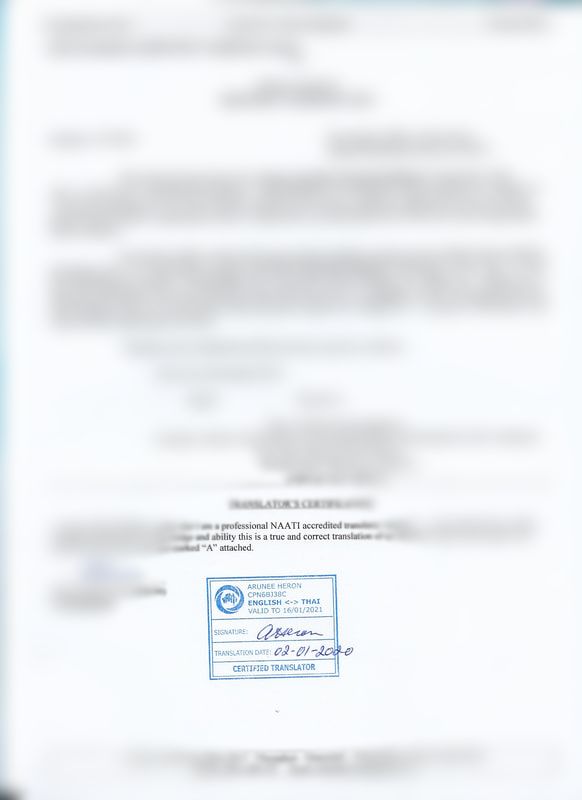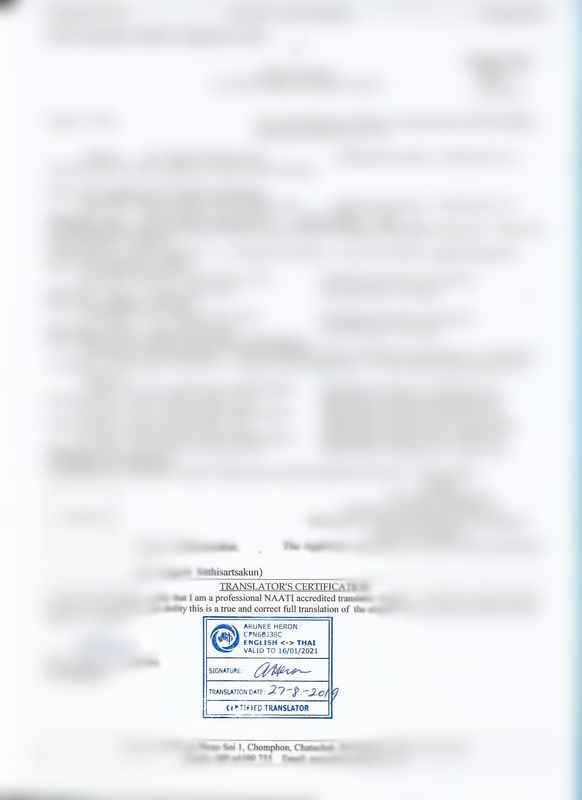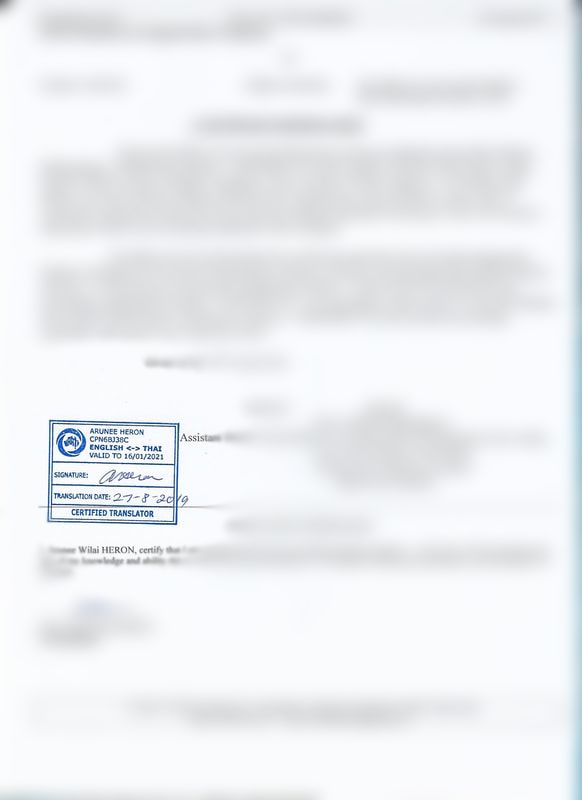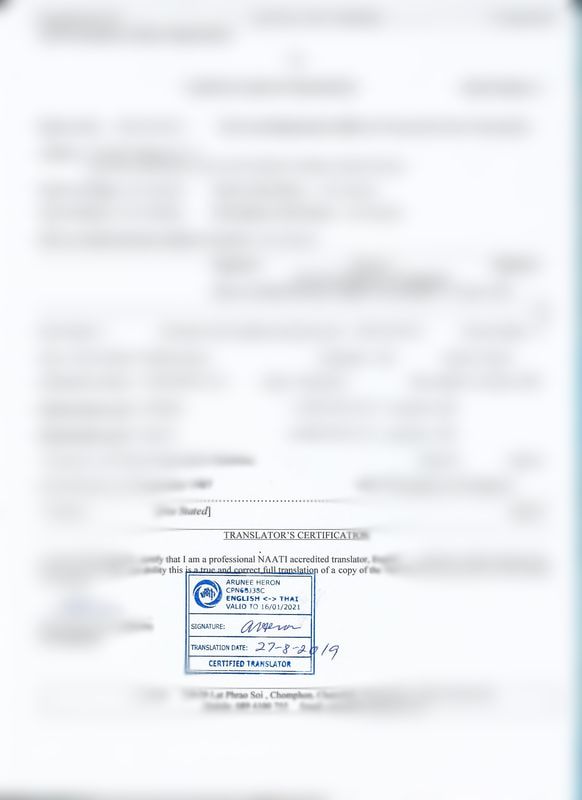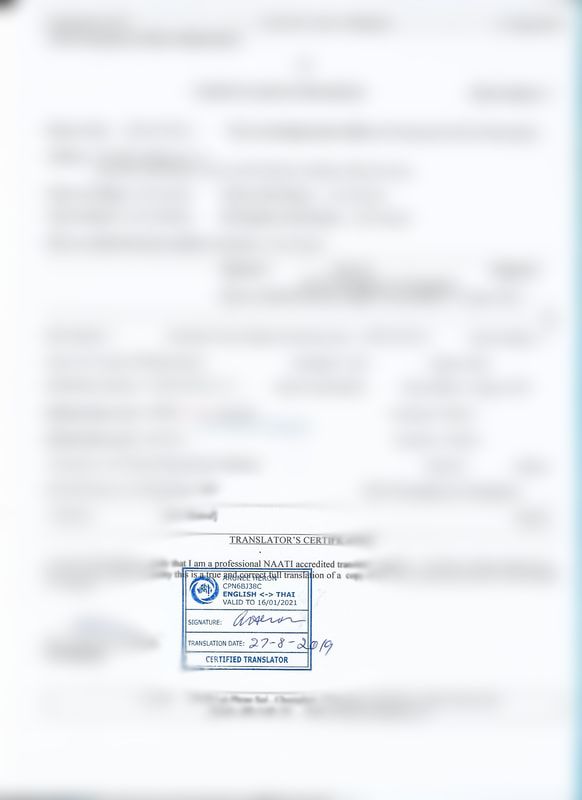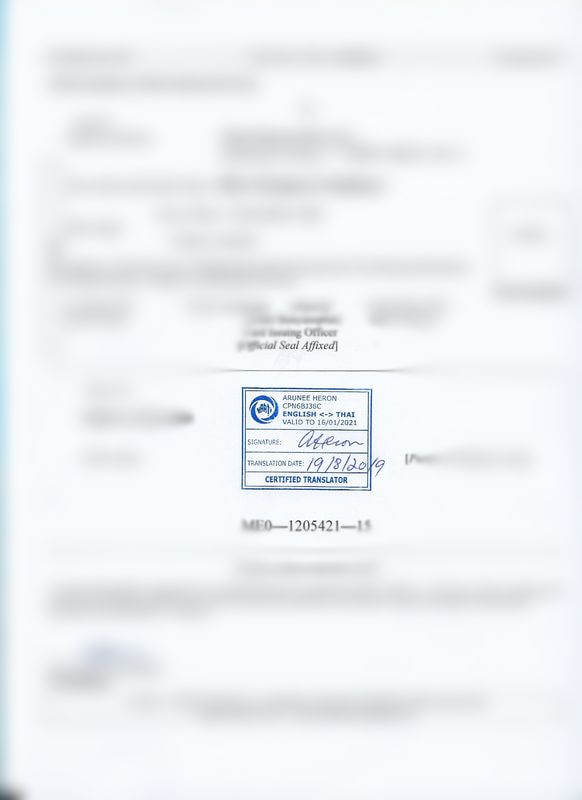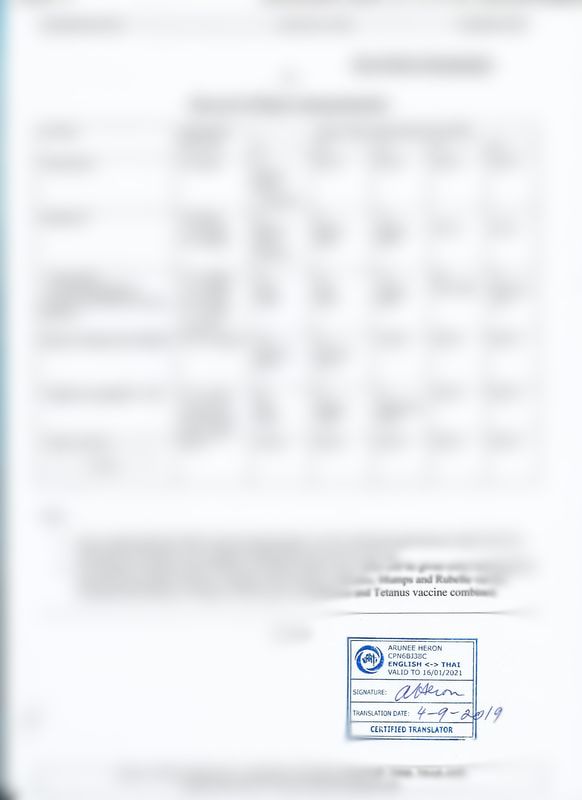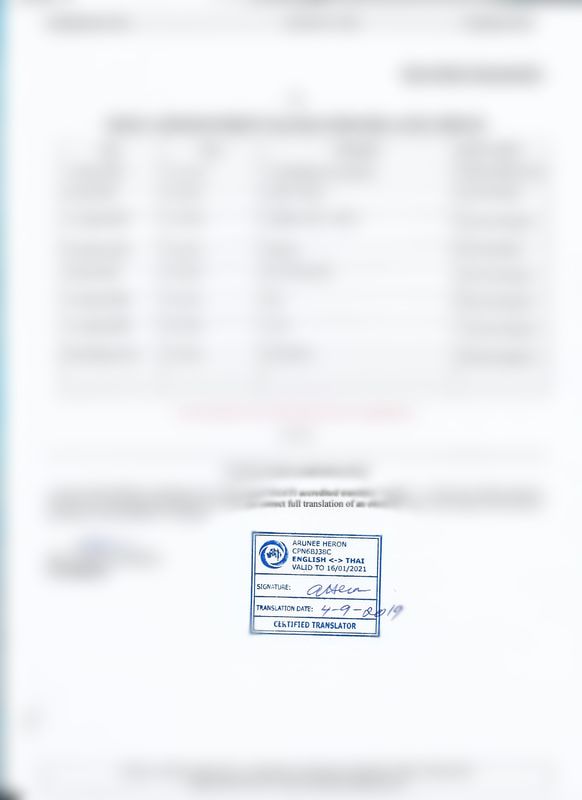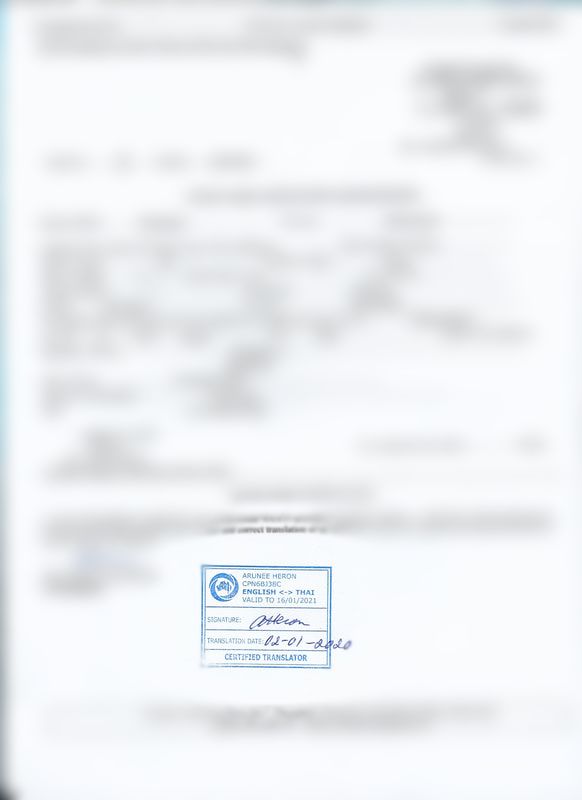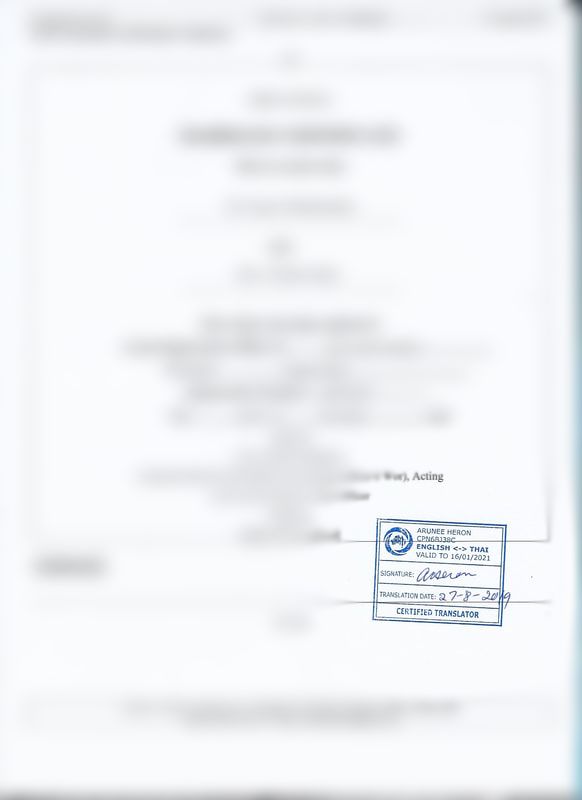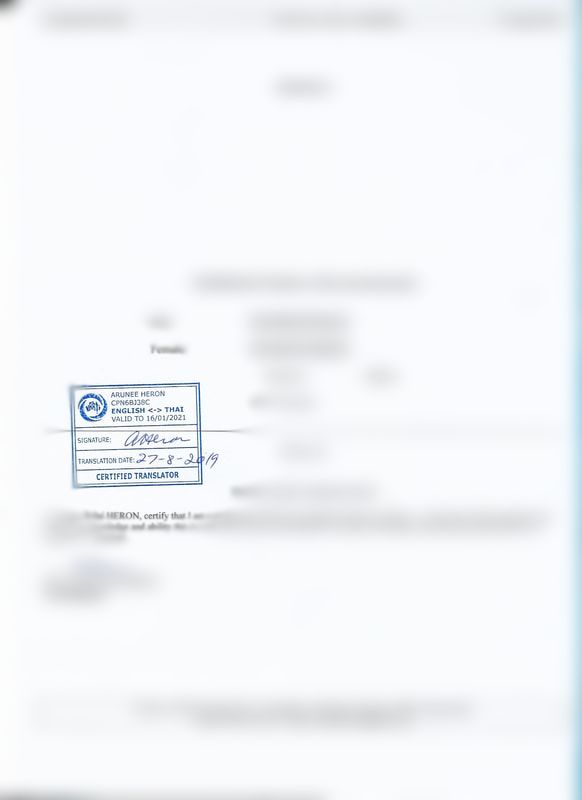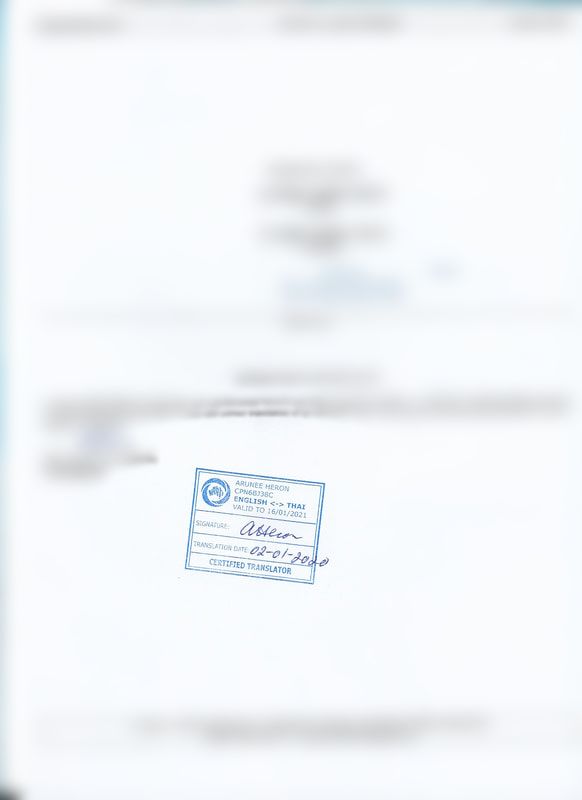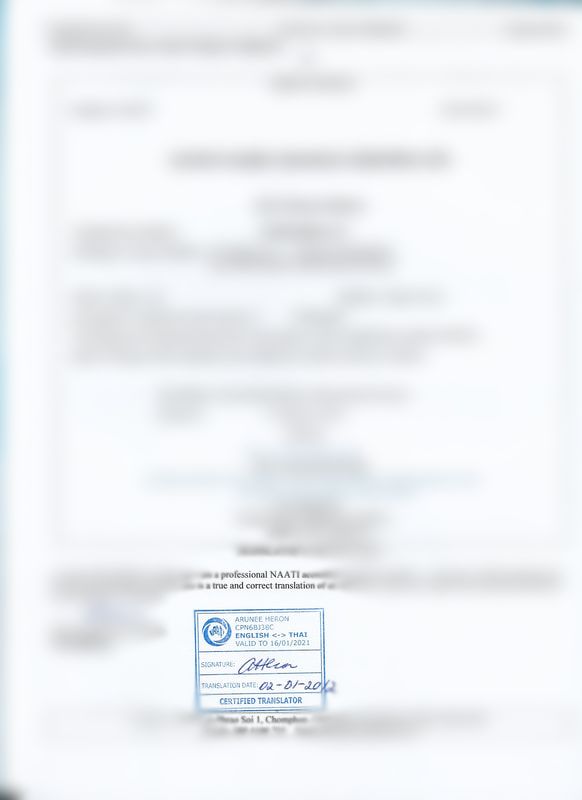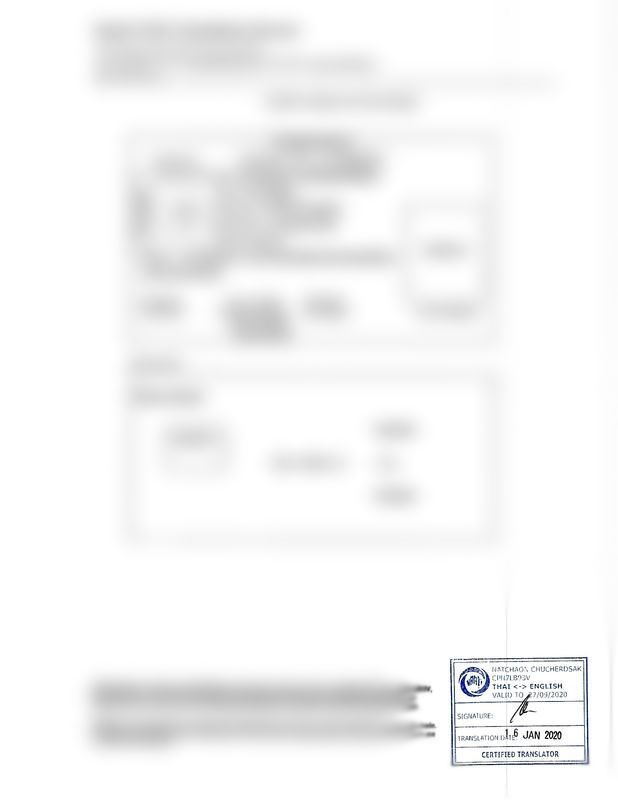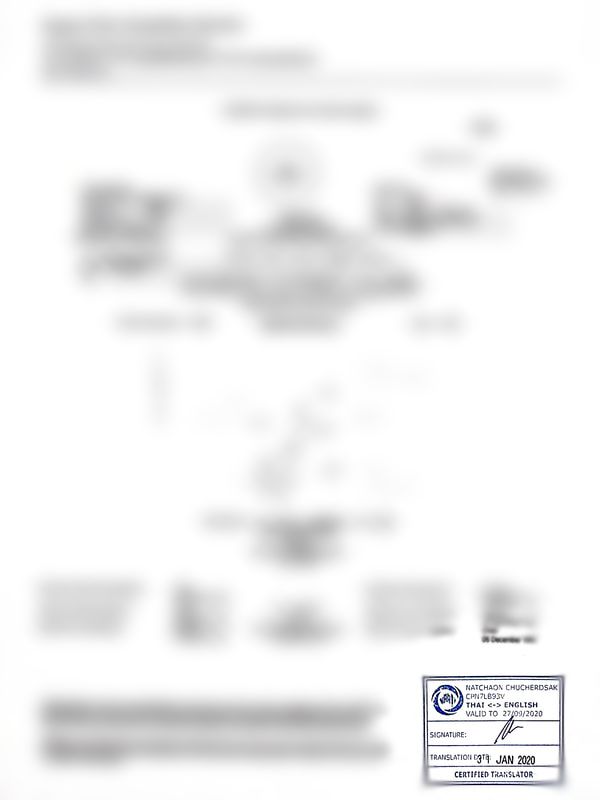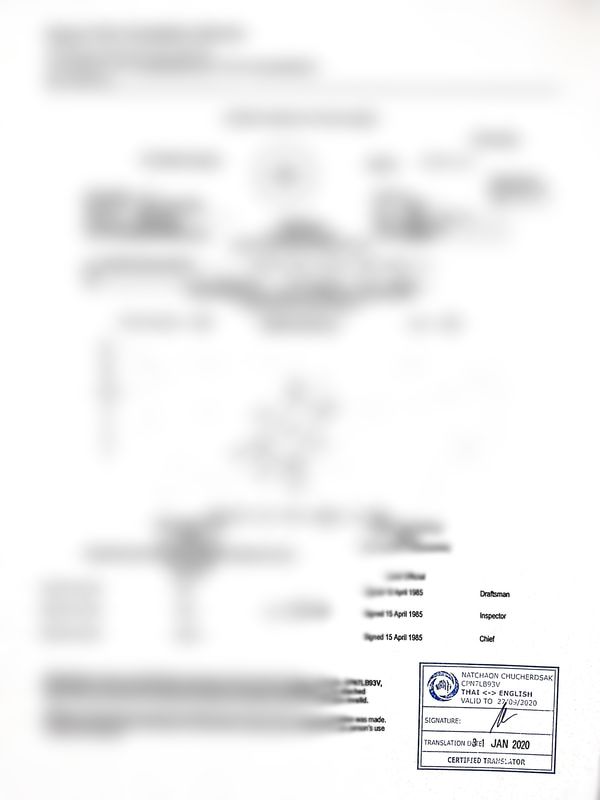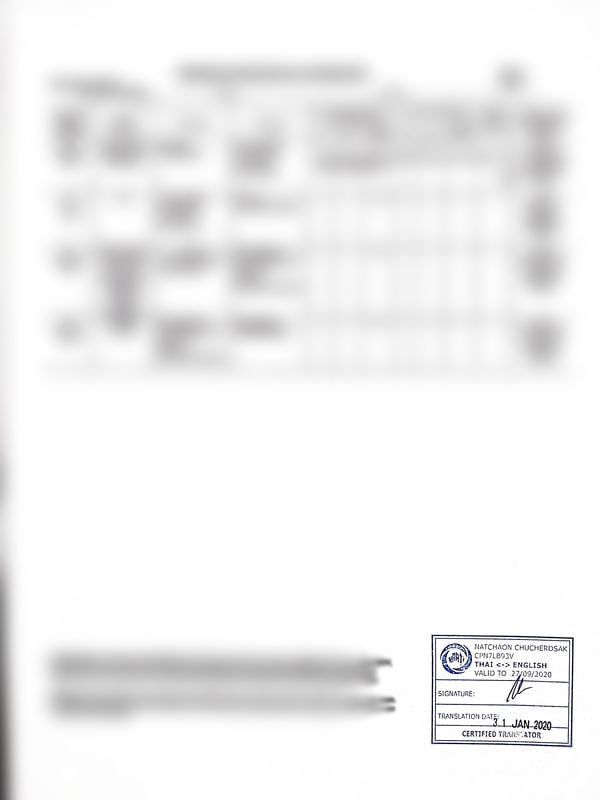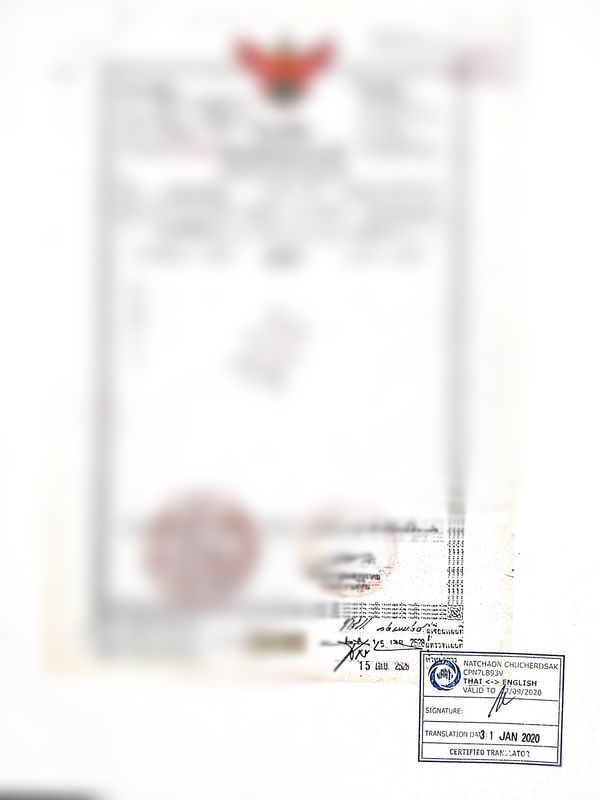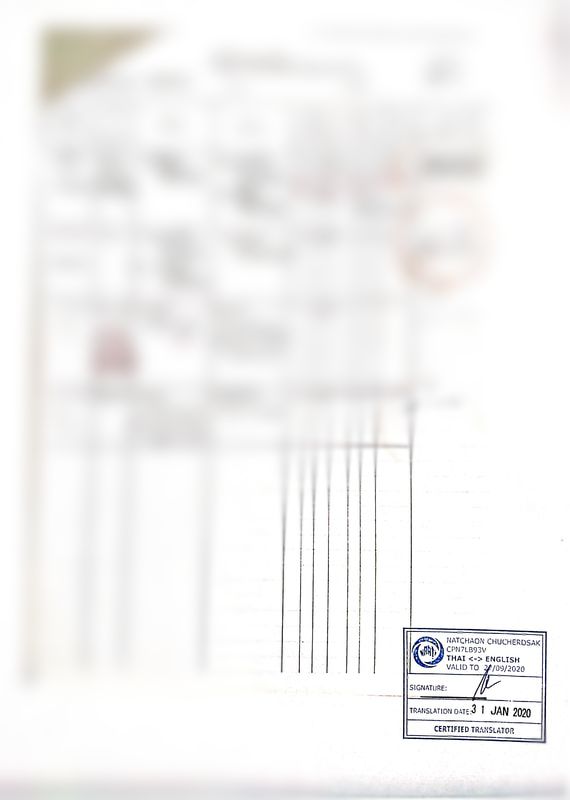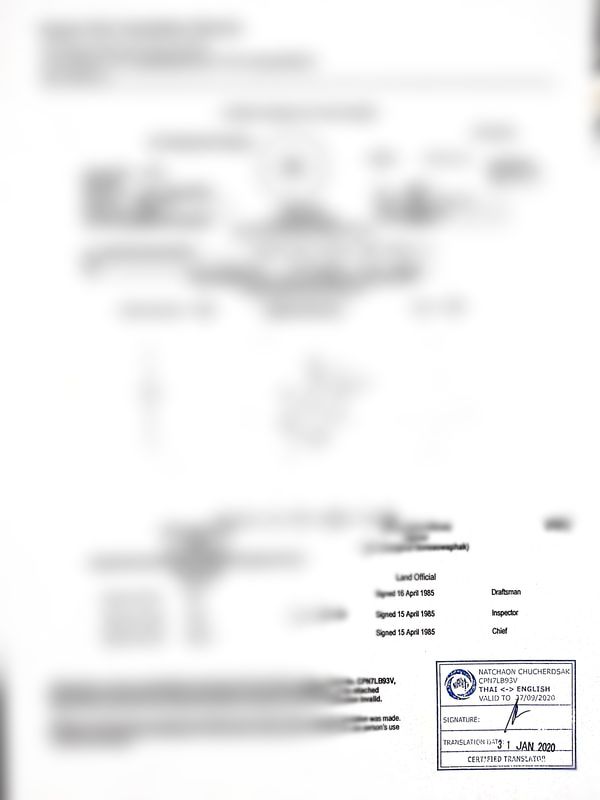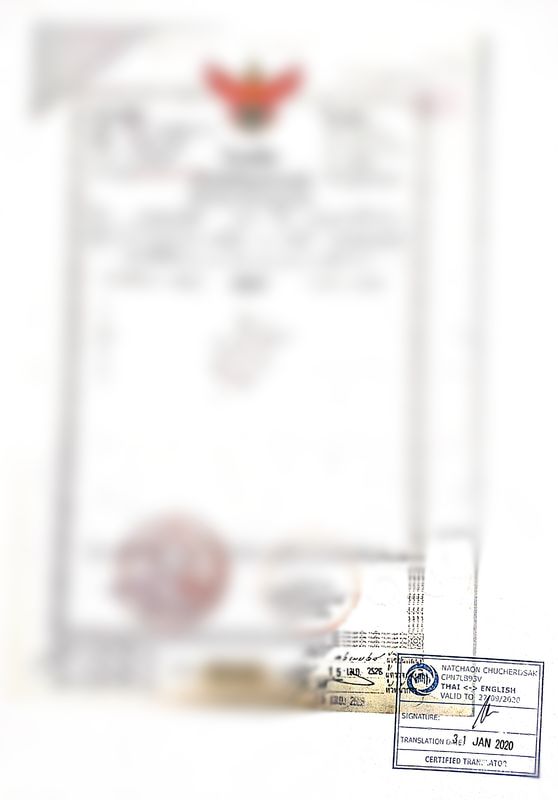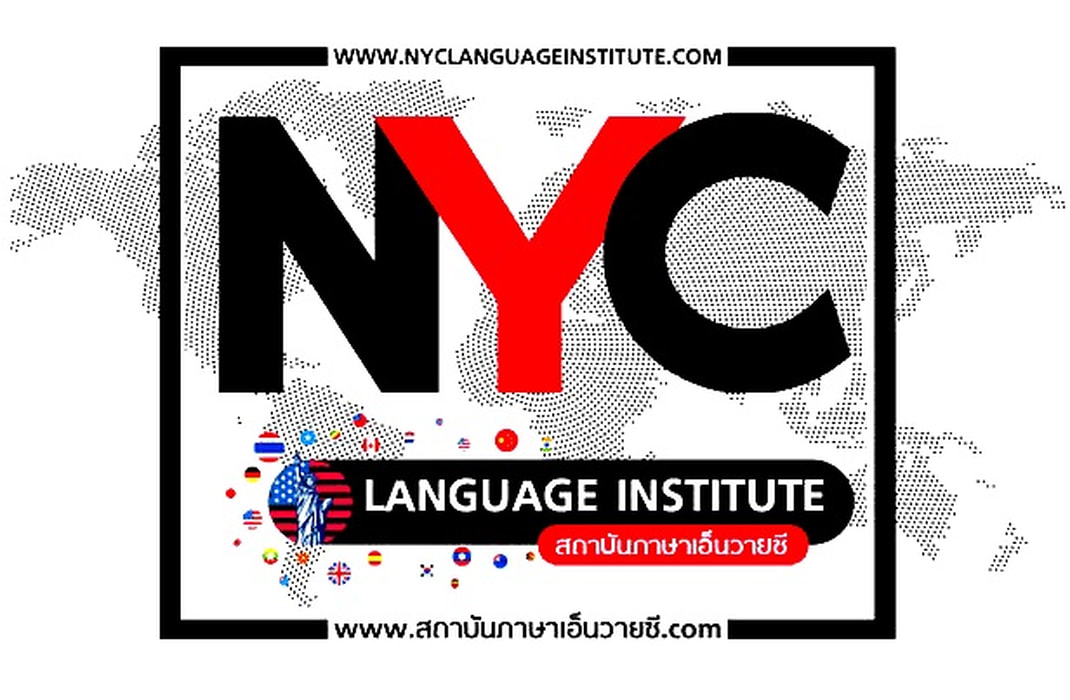NAATI
|
|
ศูนย์แปลภาษา NYC Online Translation Services ให้บริการ รับแปลเอกสาร NAATI และรับรองเอกสาร NAATI เพื่อนำไปใช้ทำธุรกรรมต่างๆที่ประเทศออสเตรเลีย
การรับรองเอกสาร Naati คืออะไร การรับรองเอกสาร National Accreditation Authority for Translators and Interpreters Ltd. หรือ Naati คือการรับรองเอกสารรูปแบบหนึ่ง ที่จะนิยมแปลและรับรองกันเพื่อนำไปใช้ที่ประเทศออสเตรเลีย โดยองค์กร Naati ของประเทศออสเตรเลีย จะจัดสอบเพื่อออก license ให้ผู้แปล ในประเทศต่างๆ รวมถึงประเทศไทยด้วย
บริการ แปลเอกสาร NAATI
ในอดีตลูกค้าจำนวนไม่น้อย ที่ต้องการแปลเอกสาร NAATI จะต้องไปติดต่อกับนักแปล NAATI ที่ต่างประเทศ เพื่อขอใ้ช้บริการ ซึ่งข้อเสีย แน่นอนก็คือ ค่าใช้จ่ายสูง ติดต่อยาก และเสียเวลานาน บริษัท แปลเอกสาร ทราบถึงความไม่สะดวกสบายของลูกค้าในจุดนี้ดี จึงจัดการให้มีตราประทับรับรอง Naati ขึ้นมา เพื่อให้ลูกค้าได้ใ้ช้บริการอย่างสะดวก สบาย และ ที่สำคัญ ประหยัดกว่า
ลูกค้าประเภทใด ที่ติดต่อเพื่อขอรับบริการ รับรองเอกสาร NAATI กับเราได้บ้าง
ลูกค้าทั้งในและต่างประเทศสามารถ ติดต่อเพื่อขอรับบริการแปลเอกสาร NAATI กับเราได้ เพราะ ตราประทับเป็นที่ยอมรับ รับรองได้ทั่วโลกอยู่แล้ว อยู่ที่ใด ก็ใช้บริการได้เหมือนกัน
“ในปัจจุบัน มีลูกค้าจากต่างประเทศติดต่อเราเข้ามาตลอด เพราะการจ้างแปล NAATI ในประเทศไทยนั้น จะมีราคาถูกกว่า และเรามีบริการ ที่สะดวกสบาย จัดส่งเอกสารไปให้ท่านที่ต่างประเทศได้”
บริการ แปลเอกสาร NAATI
ในอดีตลูกค้าจำนวนไม่น้อย ที่ต้องการแปลเอกสาร NAATI จะต้องไปติดต่อกับนักแปล NAATI ที่ต่างประเทศ เพื่อขอใ้ช้บริการ ซึ่งข้อเสีย แน่นอนก็คือ ค่าใช้จ่ายสูง ติดต่อยาก และเสียเวลานาน บริษัท แปลเอกสาร ทราบถึงความไม่สะดวกสบายของลูกค้าในจุดนี้ดี จึงจัดการให้มีตราประทับรับรอง Naati ขึ้นมา เพื่อให้ลูกค้าได้ใ้ช้บริการอย่างสะดวก สบาย และ ที่สำคัญ ประหยัดกว่า
ลูกค้าประเภทใด ที่ติดต่อเพื่อขอรับบริการ รับรองเอกสาร NAATI กับเราได้บ้าง
ลูกค้าทั้งในและต่างประเทศสามารถ ติดต่อเพื่อขอรับบริการแปลเอกสาร NAATI กับเราได้ เพราะ ตราประทับเป็นที่ยอมรับ รับรองได้ทั่วโลกอยู่แล้ว อยู่ที่ใด ก็ใช้บริการได้เหมือนกัน
“ในปัจจุบัน มีลูกค้าจากต่างประเทศติดต่อเราเข้ามาตลอด เพราะการจ้างแปล NAATI ในประเทศไทยนั้น จะมีราคาถูกกว่า และเรามีบริการ ที่สะดวกสบาย จัดส่งเอกสารไปให้ท่านที่ต่างประเทศได้”
National Accreditation Authority for Translators and Interpreters
From Wikipedia, the free encyclopedia
The National Accreditation Authority for Translators and Interpreters Ltd (known as NAATI) is the national standards and accreditation body for translators and interpreters in Australia. NAATI's mission, as outlined in the NAATI Constitution, is to set and maintain high national standards in translating and interpreting to enable the existence of a pool of accredited translators and interpreters responsive to the changing needs and demography of the Australian community. The core focus of the company is issuing certification for practitioners who wish to work as translators and interpreters in Australia
NAATI Certification
NAATI certification provides quality assurance to the consumers of translators and interpreting services and gives credibility to agencies that engage certified practitioners.
Certified Conference Interpreter : Suitable for international or high level events and meetings involving conference type settings, which require consecutive or simultaneous interpreting. Use of conference interpreting booths and equipment are often required by the interpreter to deliver interpreting services.
Certified Interpreter : Suitable for specialisations such as health, legal and formal proceedings. Also suitable for general conversations and interpreting non-specialist dialogues.
Certified Provisional Interpreter : Suitable for general conversations and interpreting non-specialist dialogues.
Recognised Practising Interpreter : Granted in emerging languages or languages with low community demand for which NAATI does not offer certification. Interpreters with this credential have recent and regular experience as an interpreter and are required to complete regular professional development. Suitable for general conversations and interpreting non-specialist dialogues.
In a small number of cases Recognised Practicing Interpreter may also be provided as an interim arrangement in established languages where interpreters have been trained but testing is not currently available.
Certified Interpreter : Suitable for specialisations such as health, legal and formal proceedings. Also suitable for general conversations and interpreting non-specialist dialogues.
Certified Provisional Interpreter : Suitable for general conversations and interpreting non-specialist dialogues.
Recognised Practising Interpreter : Granted in emerging languages or languages with low community demand for which NAATI does not offer certification. Interpreters with this credential have recent and regular experience as an interpreter and are required to complete regular professional development. Suitable for general conversations and interpreting non-specialist dialogues.
In a small number of cases Recognised Practicing Interpreter may also be provided as an interim arrangement in established languages where interpreters have been trained but testing is not currently available.
Previous NAATI credentials
There are some interpreters who are yet to transition to the new certification scheme introduced by NAATI in January 2018. If there are no transitioned interpreters available, interpreters who hold older NAATI credentials, starting with the highest old credential available. While these credentials do not have all the benefits of the new NAATI certification scheme, they do remain valid. These credentials are;
- Senior Conference Interpreter
- Conference Interpreter
- Professional Interpreter
- Paraprofessional Interpreter
- Recognition
Nil credentialed
Some interpreters hold none of the credentials outlined above and are referred to by the Translating and Interpreting Service (TIS National)[1] to as ‘Nil credentialed’. This generally occurs in very low demand languages where NAATI offers neither certification nor recognised practising status.
Some interpreters hold none of the credentials outlined above and are referred to by the Translating and Interpreting Service (TIS National)[1] to as ‘Nil credentialed’. This generally occurs in very low demand languages where NAATI offers neither certification nor recognised practising status.
Organisation Structure
NAATI is a not-for-profit company, limited by guarantee, incorporated in Australia under the Corporations Act 2001. The company is owned jointly by the Commonwealth, State and Territory governments of Australia. and is governed by a Board of Directors, who are appointed by the owners.
The members of NAATI are the nine ministers who are responsible for multicultural affairs and/or citizenship in the Commonwealth, State and Territory governments. Members may appoint a representative to exercise any of their powers in relation to NAATI. These Member Representatives are separate to the NAATI board of directors.
NAATI is a not-for-profit company, limited by guarantee, incorporated in Australia under the Corporations Act 2001. The company is owned jointly by the Commonwealth, State and Territory governments of Australia. and is governed by a Board of Directors, who are appointed by the owners.
The members of NAATI are the nine ministers who are responsible for multicultural affairs and/or citizenship in the Commonwealth, State and Territory governments. Members may appoint a representative to exercise any of their powers in relation to NAATI. These Member Representatives are separate to the NAATI board of directors.
Operational functions
NAATI provides eight key services to assist people to gain and maintain a credential to work as a translator or interpreter in Australia. These services include:
There are two types of NAATI credentials – Certification and Recognised Practicing
NAATI certification is an acknowledgement that an individual has demonstrated the ability to meet the professional standards required by the translation and interpreting industry. NAATI assesses practitioners and aspiring translators and interpreters against these standards so that English speaking and non-English speaking Australians can interact effectively with each other.
There are a couple of different ways you can gain NAATI accreditation, including:
NAATI recognition is granted in emerging languages or languages with very low community demand for which NAATI does not offer certification. Recognised Practising Translators or Interpreters meet the minimum experience and ability to interact as translator or interpreter with the Australian community and has recent and regular experience with no defined skill level.
The NAATI Recognised Practicing credential is not offered in languages where there is a pool of certified practitioners or if NAATI offers certification testing on a regular basis for that language,
NAATI provides eight key services to assist people to gain and maintain a credential to work as a translator or interpreter in Australia. These services include:
- Testing for NAATI certification
- Credentialed Community Language Test - language ability assessment at a community level, commonly used for immigration points in Australia.
- Community Language Aide - a test used in the public or private sector which recognises language ability in the workplace for the purpose of gaining a language allowance.
- Skills assessments for migration purposes
There are two types of NAATI credentials – Certification and Recognised Practicing
NAATI certification is an acknowledgement that an individual has demonstrated the ability to meet the professional standards required by the translation and interpreting industry. NAATI assesses practitioners and aspiring translators and interpreters against these standards so that English speaking and non-English speaking Australians can interact effectively with each other.
There are a couple of different ways you can gain NAATI accreditation, including:
NAATI recognition is granted in emerging languages or languages with very low community demand for which NAATI does not offer certification. Recognised Practising Translators or Interpreters meet the minimum experience and ability to interact as translator or interpreter with the Australian community and has recent and regular experience with no defined skill level.
The NAATI Recognised Practicing credential is not offered in languages where there is a pool of certified practitioners or if NAATI offers certification testing on a regular basis for that language,
Outline of NAATI credentials
Under NAATI's current system, there are ten different types of credentials. These are listed in the table below.
Credential Name |
Pre-1992 Level |
Description |
Conference Interpreter (Senior) |
5 |
This is the highest level of NAATI interpreting accreditation. It reflects a level of excellence in conference interpreting, recognised through demonstrated extensive experience and international leadership. It encompasses and builds on the competencies of Conference Interpreter accreditation. |
Advanced Translator (Senior) |
5 |
This is the highest level of NAATI translating accreditation. It reflects a level of excellence in specialised translating, recognised through demonstrated extensive experience and international leadership. It encompasses and builds on the competencies of Advanced Translator accreditation. |
Conference Interpreter |
4 (I) |
This represents the level of competence required to handle complex, technical and sophisticated interpreting, in both consecutive and simultaneous modes, in line with recognised international practice. Conference interpreters operate in diverse situations including at conferences, high-level negotiations, court proceedings or may choose to specialise in a particular area(s). |
Advanced Translator |
4 (T) |
This represents the level of competence required to handle complex, technical and sophisticated translations in line with recognised international practice. Advanced Translators operate in diverse situations and may choose to specialise in a particular area(s) – including translating technical manuals, research papers, conferences, high-level negotiations and court proceedings. |
Professional Interpreter |
3 (I) |
This represents the minimum level of competence for professional interpreting and is the minimum level recommended by NAATI for work in most settings including banking, law, health, social and community services. Professional Interpreters are capable of interpreting across a wide range of semi-specialised situations and are capable of using the consecutive mode to interpret speeches or presentations. |
Professional Translator |
3 (T) |
This represents the minimum level of competence for professional translating and is the minimum level recommended by NAATI for work in settings including banking, law, health, social and community services. Translators at this level work across a wide range of subjects involving documents with specialised content. |
Paraprofessional Interpreter |
2 (I) |
This represents a level of competence in interpreting for the purpose of general conversations. Paraprofessional Interpreters generally undertake the interpretation of non-specialist dialogues. Practitioners at this level are encouraged to obtain Professional level accreditation if available. |
Paraprofessional Translator |
2 (T) |
This represents a level of competence enabling the production of a translation of non-specialised information (e.g. a birth certificate). Practitioners at this level are encouraged to obtain Professional level accreditation if available. |
Recognised Interpreter |
- |
This credential is an acknowledgement that at the time of the award the applicant has had recent and regular work experience as an interpreter, but no level of proficiency is specified. Recognised interpreters are encouraged to obtain accreditation as it becomes available. |
Recognised Translator |
- |
This credential is an acknowledgement that at the time of the award the applicant has had recent and regular work experience as a translator, but no level of proficiency is specified. Recognised translators are encouraged to obtain accreditation as it becomes available. |
NAATI certification for Translator is usually awarded in one of the following directions:
Occasionally, NAATI has awarded a credential in a language combination that does not feature English at the Conference Interpreter or Advanced Translator level e.g. Advanced Translator French to German or Conference Interpreter (Senior) French to/from Russian. This sort of accreditation can only be awarded on the basis of a professional membership of an international association such as AIIC or AITC.
- From a Language other Than English (LOTE) into English; or
- From English into a LOTE; or
- Both directions.
Occasionally, NAATI has awarded a credential in a language combination that does not feature English at the Conference Interpreter or Advanced Translator level e.g. Advanced Translator French to German or Conference Interpreter (Senior) French to/from Russian. This sort of accreditation can only be awarded on the basis of a professional membership of an international association such as AIIC or AITC.
Example of the kind of document needing a NAATI-certified translation
Translations by a NAATI-certified translator are generally required by government authorities for immigration-related official documents, such as:
- Payslips
- Academic Transcripts
- Bank Statements
- Birth Certificates
- Marriage Certificates
- Death Certificates
- Driving Licences
- Divorce Certificates
- Police Checks
- Educational Qualifications
- Payslips
- Academic Transcripts
- Bank Statements
- Birth Certificates
- Marriage Certificates
- Death Certificates
- Driving Licences
- Divorce Certificates
- Police Checks
- Educational Qualifications
References
- Australian Government Department of Home Affairs. "Translating and Interpreting Service". TIS National. Retrieved 20 July 2019.
หากท่านต้องการจะใช้บริการ รับแปลเอกสาร NAATI ของเรา ต้องทำอย่างไร ท่านสามารถติดต่อและส่งเอกสาร เข้ามาหาเราได้ตามปกติ หลายช่องทางการติดต่อ และแจ้งความจำนงเข้ามาถึงบริการที่ท่านต้องการใช้ เมื่อได้รับเอกสารแล้ว เราจะดำเนินการแจ้งรายละเอียดทั้งหมดกลับไปให้ท่านเพื่อดำเนินการให้บริการต่อไป NAATI กรุงเทพมหานคร, NAATI กระบี่, NAATI กาญจนบุรี, NAATI กาฬสินธุ์, NAATI กำแพงเพชร, NAATI ขอนแก่น, NAATI จันทบุรี, NAATI ฉะเชิงเทรา, NAATI ชลบุรี, NAATI ชัยนาท, NAATI ชัยภูมิ, NAATI ชุมพร, NAATI เชียงราย, NAATI เชียงใหม่, NAATI ตรัง, NAATI ตราด, NAATI ตาก, NAATI นครนายก, NAATI นครปฐม, NAATI นครพนม, NAATI นครราชสีมา, NAATI นครศรีธรรมราช, NAATI นครสวรรค์, NAATI นนทบุรี, NAATI นราธิวาส, NAATI น่าน, NAATI บึงกาฬ, NAATI บุรีรัมย์, NAATI ปทุมธานี, NAATI ประจวบคีรีขันธ์, NAATI ปราจีนบุรี, NAATI ปัตตานี, NAATI พระนครศรีอยุธยา, NAATI พังงา, NAATI พัทลุง, NAATI พิจิตร, NAATI พิษณุโลก, NAATI เพชรบุรี, NAATI เพชรบูรณ์, NAATI แพร่, NAATI พะเยา, NAATI ภูเก็ต, NAATI มหาสารคาม, NAATI มุกดาหาร, NAATI แม่ฮ่องสอน, NAATI ยะลา, NAATI ยโสธร, NAATI ร้อยเอ็ด, NAATI ระนอง, NAATI ระยอง, NAATI ราชบุรี, NAATI ลพบุรี, NAATI ลำปาง, NAATI ลำพูน, NAATI เลย, NAATI ศรีสะเกษ, NAATI สกลนคร, NAATI สงขลา, NAATI สตูล, NAATI สมุทรปราการ, NAATI สมุทรสงคราม, NAATI สมุทรสาคร, NAATI สระแก้ว, NAATI สระบุรี, NAATI สิงห์บุรี, NAATI สุโขทัย, NAATI สุพรรณบุรี, NAATI สุราษฎร์ธานี, NAATI สุรินทร์, NAATI หนองคาย, NAATI หนองบัวลำภู, NAATI อ่างทอง, NAATI อุดรธานี, NAATI อุทัยธานี, NAATI อุตรดิตถ์, NAATI อุบลราชธานี, NAATI อำนาจเจริญ
